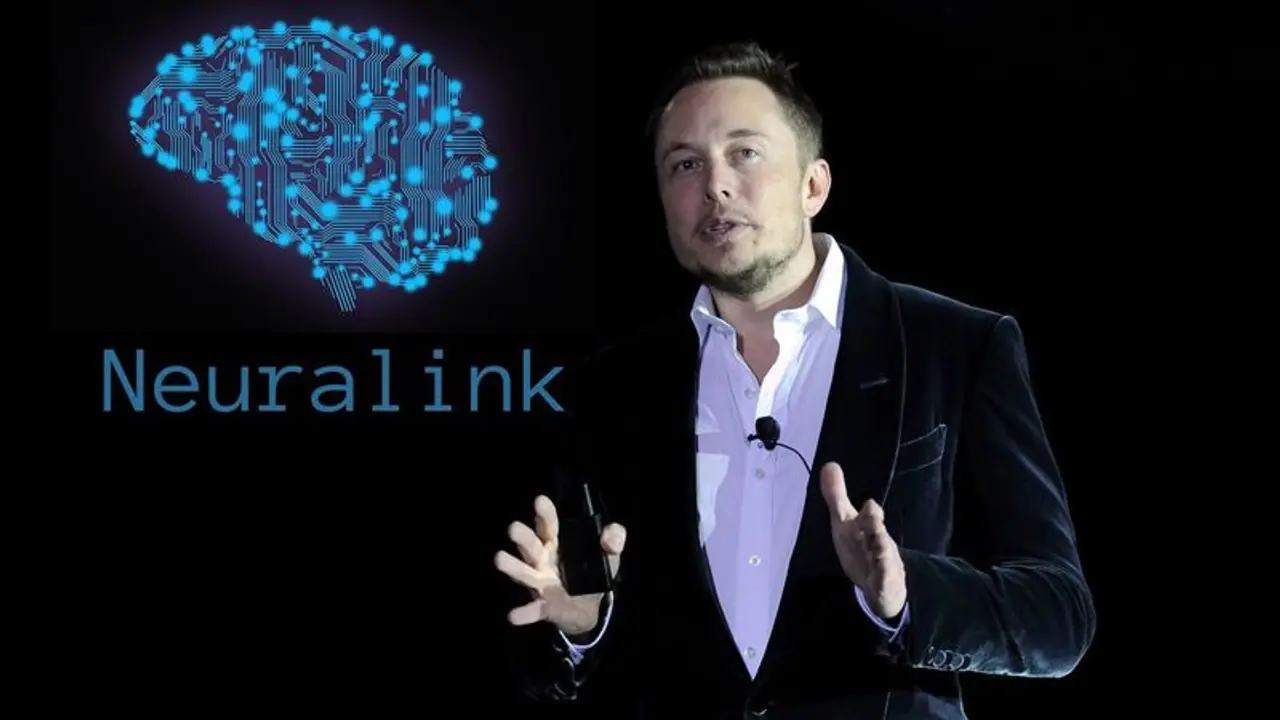The first human patient received an implant from brain-chip startup Neuralink on Sunday and is recovering well, the company's billionaire founder Elon Musk said.
Elon Musk said on Tuesday that his business, Neuralink, had implanted a brain implant in its first human patient, showing "promising" preliminary outcomes. Musk co-founded a neurotechnology business in 2016 with the goal of creating direct neural-computer connection.

The goal is to enhance human potential, cure neurological conditions like Parkinson's or ALS, and perhaps even establish a mutually beneficial partnership between humans and artificial intelligence in the future.
Musk said on X, the previous Twitter platform, that "the first human received an implant from Neuralink yesterday and is recovering well." “Initial results show promising neuron spike detection,” he added.
Spikes are activity by neurons, which the National Institute of Health describes as cells that use electrical and chemical signals to send information around the brain and to the body.
The startup said last year that US regulators had given the go-ahead for it to test its brain implants on humans. Neuralink's technology will primarily function via an implant known as the "Link," a piece of equipment the size of five stacked pennies that is surgically inserted into the human brain. Last year, California-based Neuralink employed over 400 people and raised at least $363 million, according to data provider Pitchbook.
According to a recent statement from Neuralink, the project employs a robot to surgically implant a brain-computer interface (BCI) implant in a part of the brain that governs the desire to move. Its primary objective is to allow individuals to operate a computer cursor or keyboard with just their thoughts.
